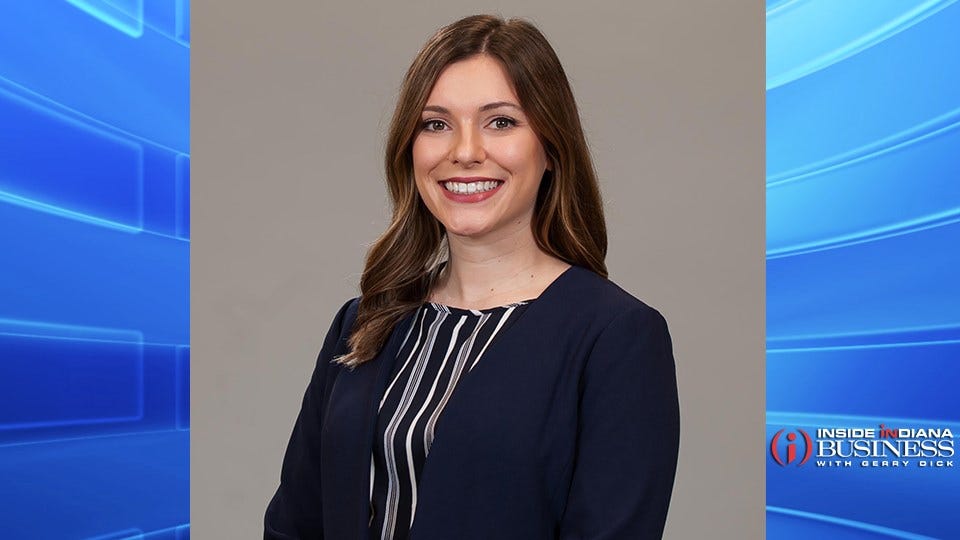What Should I Do With My Inheritance?

Subscriber Benefit
As a subscriber you can listen to articles at work, in the car, or while you work out. Subscribe NowSeveral sources suggest that Baby Boomers hold over 50% of the nation’s wealth. In 2021, that generation will be between the ages of 57 and 75, setting up what has been named “The Great Wealth Transfer.” Over the next few decades, adult children, grandchildren, and other heirs will end up with life-changing windfalls.
First Things First: Taxes
The first question we often hear from beneficiaries is, “Do I owe taxes?” The short answer is, “it depends.” There is no federal inheritance tax, but you could owe state tax. There are five states that impose a state inheritance tax, but Indiana is not one of them. Regardless of where you live, the assets’ makeup may trigger taxes down the road.
Inheritances come in all shapes and sizes, from cash to retirement accounts, brokerage accounts, life insurance proceeds, trusts, real estate, farmland, and more. Below is a breakdown of the main three: retirement assets, brokerage accounts, and life insurance proceeds.
- Retirement Assets. When inherited by a non-spouse, retirement accounts, such as 401(k)s, IRAs, and Roth IRAs, are subject to a 10-year distribution window. Distributions are taxed at ordinary income tax rates. Taxes are often withheld at the time of distribution. By nature, there is no income tax on distributions from a Roth account.
- Brokerage Account. Capital gains tax is triggered in a brokerage account any time an asset is sold for a gain. Gains are determined, in part, by the cost basis. For simplification purposes, the cost basis is the purchase price. In many circumstances, the cost basis may receive a “step-up” to the market value on the decedent’s death date, thereby eliminating or drastically reducing gains in the account.
- Life Insurance. Payouts from life insurance policies are received in cash, and most of the time, they are tax-free. Certain situations, like policies that involve three separate parties (insured, owner, and beneficiary), or generation-skipping within a large estate, can trigger taxes.
What Should I Do With the Money?
Following the taxes, the second most common question we get is, “What should I do with the money?” There is no single right answer. Each situation is highly personal and varies based on the recipient’s financial goals, tax situation, and debts, among other considerations. Sometimes, beneficiaries have an idea of how their loved ones would have wanted them to use the money. Even then, it’s probably best not to make any major decisions right away.
If the plan involves letting the money grow, it’s important to review the inherited accounts’ asset allocation relative to the recipient’s overall portfolio. Are they overweight in an asset class, such as bonds? Do they now own speculative investments, such as penny stocks? Are the holdings high in fees? These are all critical questions to be asking when absorbing someone else’s assets. As mentioned in the section above, different accounts have different tax treatments. Rebalancing an inherited IRA won’t trigger any taxes; meanwhile, the opposite is true of brokerage accounts.
More Money, More Problems
Money often alters emotions and clouds decision-making. Be careful not to fall victim to the common mistakes outlined below.
- Don’t count chickens before they hatch. Mom and Dad may have mentioned an inheritance years ago, but their financial situation could have changed since then. Don’t make potentially bad money decisions today based on receiving a future nest egg. Make smart money decisions today based on your current situation.
- When an inheritance is received, be sure to maintain a sustainable standard of living. A financial planner should be able to provide insight into what is reasonable and what’s not. Outsourcing investment management to a professional may buffer unsustainable portfolio spending.
- A one-sided financial windfall can cause strife in a marriage. Or, maybe the conflict was already there. Before parking money anywhere, it’s important to understand the difference between joint accounts and individually-owned accounts. If separation is a possibility, have the appropriate protections in place.
Conclusion
There’s no question; money is shifting hands over the next forty years. The Great Wealth Transfer will look different for everyone and the case for hiring a financial advisor to help with this life-changing event has never been more clear.
Kate Arndt, is a Financial Planner with Bedel Financial Consulting, Inc., a wealth management firm located in Indianapolis. For more information, visit their website at www.bedelfinancial.com or email Kate at karndt@bedelfinancial.com.

